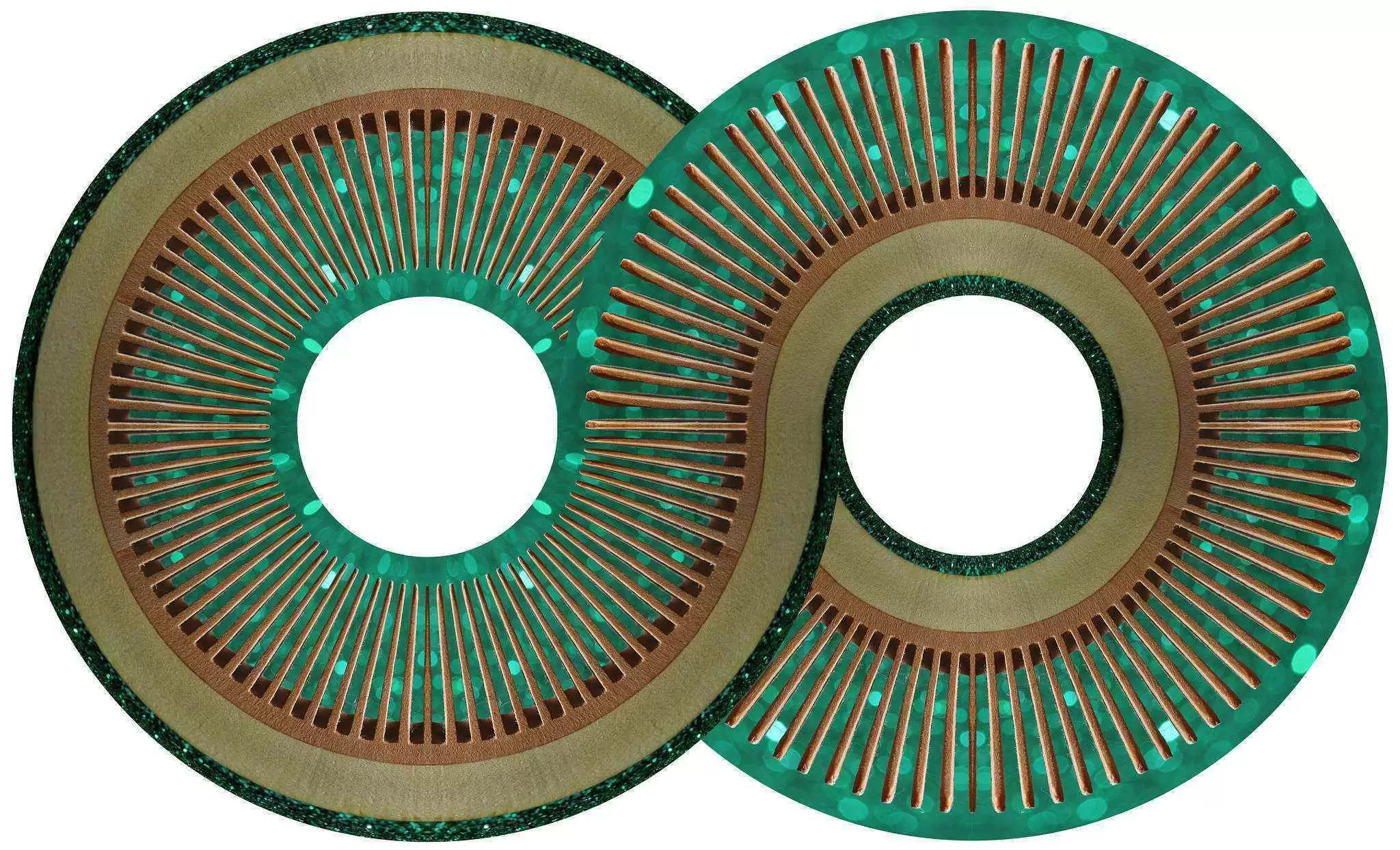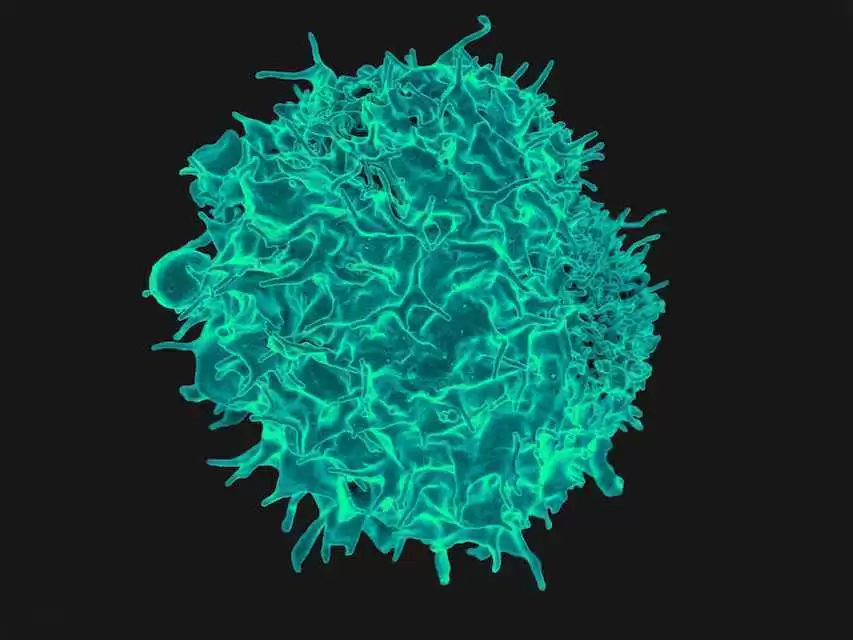Celiac.com 11/18/2024 - In a groundbreaking study, researchers have explored how gluten triggers the immune system's response in people with celiac disease. The research aimed to understand the relationship between intestinal cells and the immune system, with a particular focus on how gluten is processed and presented to immune cells. These new insights offer promising directions for developing new therapies for celiac disease, potentially leading to a cure.
Role of Epithelial Cells in Gluten Presentation
One of the key findings of the study was the discovery of how epithelial cells in the intestine play a significant role in triggering the immune response in celiac disease. Epithelial cells form the lining of the small intestine, and their interaction with gluten has now been shown to be a crucial starting point for the immune reaction.
Celiac.com Sponsor (A12):
The researchers found that these epithelial cells can express major histocompatibility complex class II proteins. This protein is responsible for presenting gluten fragments to specific immune cells called CD4+ T cells. In celiac disease, this interaction leads to the activation of these immune cells, which then trigger the inflammatory response that damages the intestinal lining.
Gluten Activation and Immune Response
Once gluten enters the digestive system, it is broken down into smaller fragments. The study revealed that these fragments are presented by epithelial cells to CD4+ T cells, which are known to play a central role in celiac disease. The activation of these T cells leads to a cascade of immune reactions, including the release of inflammatory molecules like interleukin-2 and interferon-gamma. These molecules amplify the immune response, contributing to the symptoms of celiac disease, such as gut inflammation and damage to the small intestine.
Interestingly, the study also explored how gluten interacts with certain bacteria in the gut. The researchers found that when gluten is partially digested by a bacterial enzyme, the immune response is even more pronounced. This discovery opens up new avenues for understanding how gut bacteria may influence the severity of celiac disease.
Potential for New Therapeutic Approaches
The insights gained from this research suggest new possibilities for treating celiac disease. Current treatment for celiac disease is limited to a strict gluten-free diet, which can be difficult to maintain and may not fully eliminate symptoms. The study highlights the potential of targeting epithelial cells or the mechanisms by which gluten is presented to CD4+ T cells.
By interrupting this process, future therapies could prevent the immune system from reacting to gluten, potentially providing a cure for the disease. Additionally, the study's findings on the role of gut bacteria in enhancing the immune response offer another potential target for therapy. Modulating the gut microbiome could help reduce the severity of the immune reaction in people with celiac disease.
Importance of the Study for Celiac Patients
For individuals with celiac disease, the findings of this study could have significant implications. By pinpointing the exact cellular mechanisms involved in the immune response to gluten, researchers are closer to developing treatments that go beyond diet management. This could drastically improve the quality of life for those affected by the disease, as they would no longer need to adhere to a strict gluten-free diet or risk accidental exposure to gluten.
Furthermore, understanding the role of gut bacteria in celiac disease could pave the way for probiotic or bacterial enzyme-based therapies, providing additional tools for managing or even curing the disease.
Conclusion
This study marks a major step forward in understanding how the immune system responds to gluten in celiac disease. The discovery that epithelial cells play a key role in presenting gluten to immune cells offers new targets for therapeutic intervention. While there is still much research to be done, these findings bring hope to those living with celiac disease, as they open up new possibilities for treatments that could one day eliminate the need for a gluten-free diet and significantly improve patients' lives.
Read more at: gastrojournal.org











Recommended Comments
There are no comments to display.
Create an account or sign in to comment
You need to be a member in order to leave a comment
Create an account
Sign up for a new account in our community. It's easy!
Register a new accountSign in
Already have an account? Sign in here.
Sign In Now